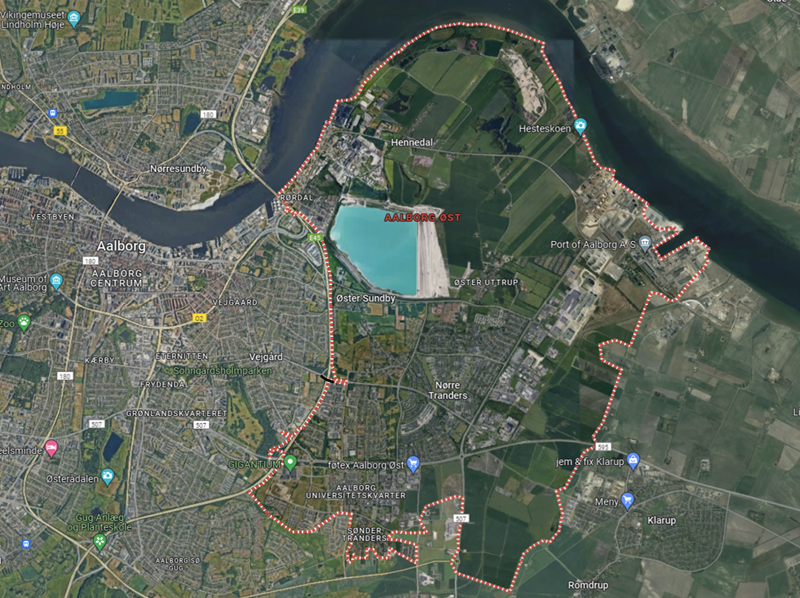Local Energy Balance of Aalborg East
The aim of FLEXPOSTS (FLEXible energy POSitivity districTS) is to develop effective and replicable strategies to enhance the process of establishing Positive Energy Districts (PEDs).
Work Package 5 investigates how a PED can be established in the demo site Aalborg East in Denmark. The aim of this report is to carry out an assessment of the current energy balance in Aalborg East (D5.1), showing energy flows in different energy sectors.
Modelling of current energy system was done in Energy Plan, investigating the possibility of using the concept of Positive Energy Districts in the development of future energy system of Aalborg East.
This report analysing the local energy balance in Aalborg East (D5,1) is the first report in WP5 on implementing a PED in Aalborg East.
The energy balance offers a detailed overview of the current energy system in Aalborg East. This overview provides the baseline for developing energy scenarios for how energy will be produced, distributed, and consumed in Aalborg East in the future.
The energy balance of Aalborg East provides an important starting point for developing strategies for promoting the sustainable energy transition and developing Aalborg East into a Positive Energy District.
Area passport
An area passport is a detailed profile of the energy balance of Aalborg East. The passport combines data on energy consumption and production across various sectors with demographic data.
The passport provides a comprehensive overview of Aalborg Easts energy balance, supporting the future energy planning and political decision-making for the area.
Figures and illustrations from the area passport ↓




Report: Barriers and potentials for implementing PEDs in Denmark
Den anden rapport analyserer potentialer og barrierer for at implementere PED’er i Danmark og i Aalborg Øst.
Rapporten konkluderer, at der er en række lovgivningsmæssige, strukturelle og tekniske barrierer for implementering af PED'er i Danmark.
The second report analyses the potentials and barriers for implementing PEDs in Denmark and in Aalborg East.
The report concludes that there are a number of regulatory, structural, and technical barriers for implementing PEDs in Denmark.
The main barrier for implementing PEDs in Denmark is that the concept is not well-aligned with existing organizational structures and practices. It is therefore important that the PED concept is reconceptualized to fit to the Danish context, if it is to play any meaningful role in supporting wider policy agendas of achieving CO2 neutrality and transition to renewable energies.
Download report: Barriers and potentials for implementing PEDs in Denmark

